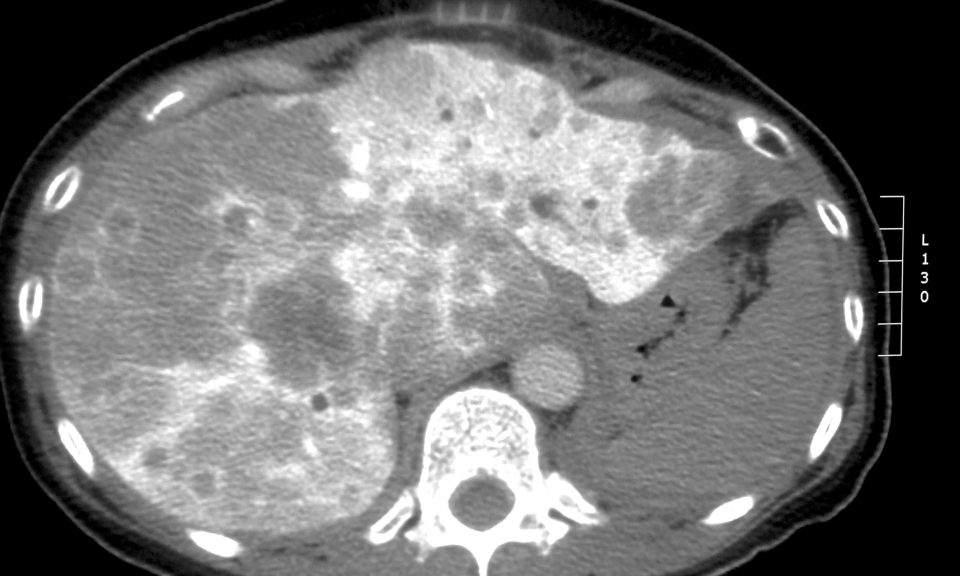Indian researchers find, high doses of water-soluble Vitamin C and niacin or Vitamin B3 can kill colon cancer stem cells. Colon or colorectal cancer is the third leading cause of cancer deaths worldwide. Dietary fibre and lifestyle changes are the recommended measures to prevent colorectal cancer.
Bengaluru – (ISW) – Colorectal cancer is the third leading cause of cancer deaths worldwide. Dietary fibre and lifestyle changes are the recommended measures for preventing colorectal cancer.
A team of researchers from Stem Cells and Regenerative Medicine Centre at the Yenepoya University, Mangalore, Karnataka has now found, high doses of water-soluble Vitamin C and niacin or Vitamin B3 can kill cancer stem cells.
In a study published in journal Cell Biology International, the researchers have shown for the first time the opposing effects of the low and high dose of vitamin C and vitamin B3 on colon cancer stem cells isolated from certain colorectal carcinoma cell lines.
The research, lead by Dr Bipasha Bose and Dr Sudheer Shenoy, investigated the effects of high doses and low doses of the two vitamins and found low doses (dose range 5-25 micromolar) of Vitamin C and B3 lead to high proliferation and aggressiveness of colon cancer stem cells, indicating a need to be cautious while prescribing low doses of these vitamins to colon cancer patients.
However, high doses of the two vitamins (dose range 100 to 1000 micromolar) were successful in killing cancer stem cells. Such high doses of vitamins can only be achieved through intravenous injections in colon cancer patients.
“The next step of our research is to delineate the mechanisms involved in such opposing effects of low versus high concentrations of the two vitamins,” said Dr Bipasha Bose, a member of the research team. “We want to decipher the mechanisms of action of high doses of Niacin and Vitamin C involving PPARγ pathway and oxidative stress induced killing of colon cancer stem cells. We also want to establish the same dose effect of in-vitro studies under in vivo conditions in tumour xenografts models in mice.”
This work is of significance and researchers hope to establish a therapeutic dose of Vitamin C and B3 for colon cancer stem cell therapy. “If the therapeutic dose gets well validated under in vivo animal models, clinical trials can be a possibility in the long run,” added Dr Bose.


